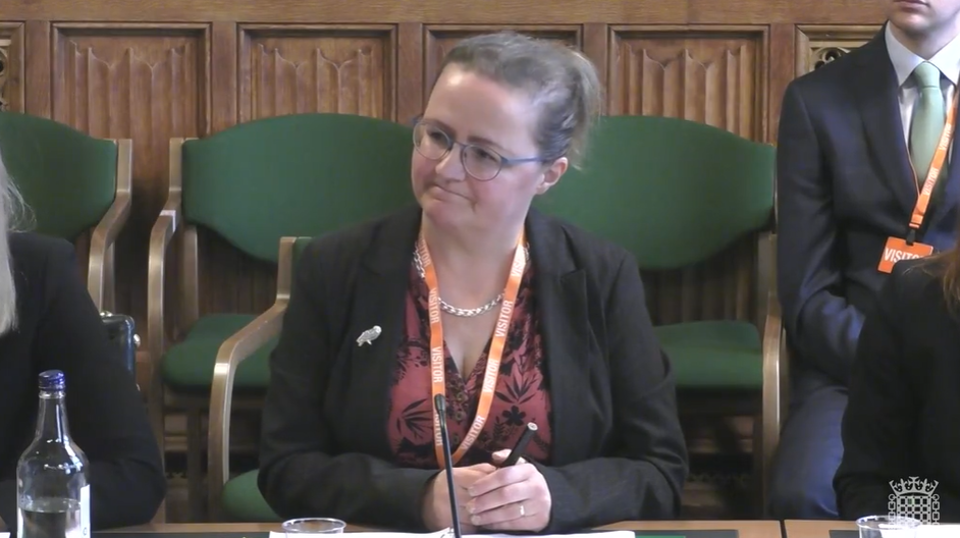HTA sets out hit to horticulture from biosecurity & border policy to Parliamentary Committee

25 March 2025
Today, the Horticultural Trades Association (HTA) gave oral evidence to the Environment, Food and Rural Affairs (EFRA) Committee as part of its inquiry into border biosecurity. This inquiry examines the UK's animal and plant health controls, with a focus on the movement of plants, plant products, and related goods in and out of Great Britain and their impact on businesses and consumers.
Sally Cullimore, Technical Policy Manager at the HTA, outlined the challenges that member businesses face due to less control over their supply chain, substandard biosecurity and SPS agreements. These include increased costs, delays, and administrative burdens that disproportionately impact small and medium-sized enterprises (SMEs). The HTA is advocating for effective biosecurity measures and a smooth, cost-effective border, crucial for the success of UK horticulture.
The HTA’s written evidence, submitted in January 2025, highlights the sector's critical reliance on plant imports, with 79% of UK nurseries relying on plant product imports (99% from the EU). In 2023, these imports were valued at over £770 million.
Speaking after the session, Sally Cullimore said:
"We're passionately committed to securing a thriving future for our members. The disproportionate impact of current border procedures, with full plant health controls since 2021, is unsustainable. We must enhance public awareness about the risks associated with personal plant imports, address the inefficiencies of current Sanitary and Phytosanitary (SPS) controls, and address the shortcomings of the Border Target Operating Model, including poor communication and capacity issues at Border Control Points (BCPs).
“We need the government to act on these issues urgently: improving communication, unblocking BCPs, fairly reviewing risk categories, guaranteeing the GB Plant Passport easement beyond June 2025 and supporting our seed trade.
“Ultimately, long-term stability requires an SPS agreement with the EU. To be effective, this agreement must be based on mutual recognition of each other’s plant health regimes, maintain biosecurity, enhance smooth and cost-effective trade and support UK horticulture. We will continue to collaborate to make that a reality – because our members deserve nothing less.”
The HTA views an SPS agreement with the EU as a key solution to address border issues and friction. The HTA is calling on both the UK and the EU to negotiate this agreement, which has the potential to facilitate the swift and efficient movement of plant imports and exports across the UK-EU border, without undue delay or cost. If crafted correctly, an SPS agreement will not only maintain biosecurity but also have the potential to enhance it, which is of great importance to the sector. Any agreement with the EU must be based on mutual recognition of each other’s plant health areas, which is of paramount importance. The HTA is developing a detailed positioning on this and would be pleased to provide this to the committee.
The HTA is advocating for the following actionable solutions:
- Improving communication and data transparency.
- Addressing capacity issues at Border Control Points (BCPs).
- Revisiting the UK's commodity risk categorisation.
- Confirming a guarantee for a continued easement to allow GB Plant Passports to be affixed to retail-ready plants in the EU beyond June 2025.
The HTA maintains its commitment to working with the government to find practical solutions that ensure both effective biosecurity and a thriving horticultural sector.
You can watch the full session via Parliament TV here
